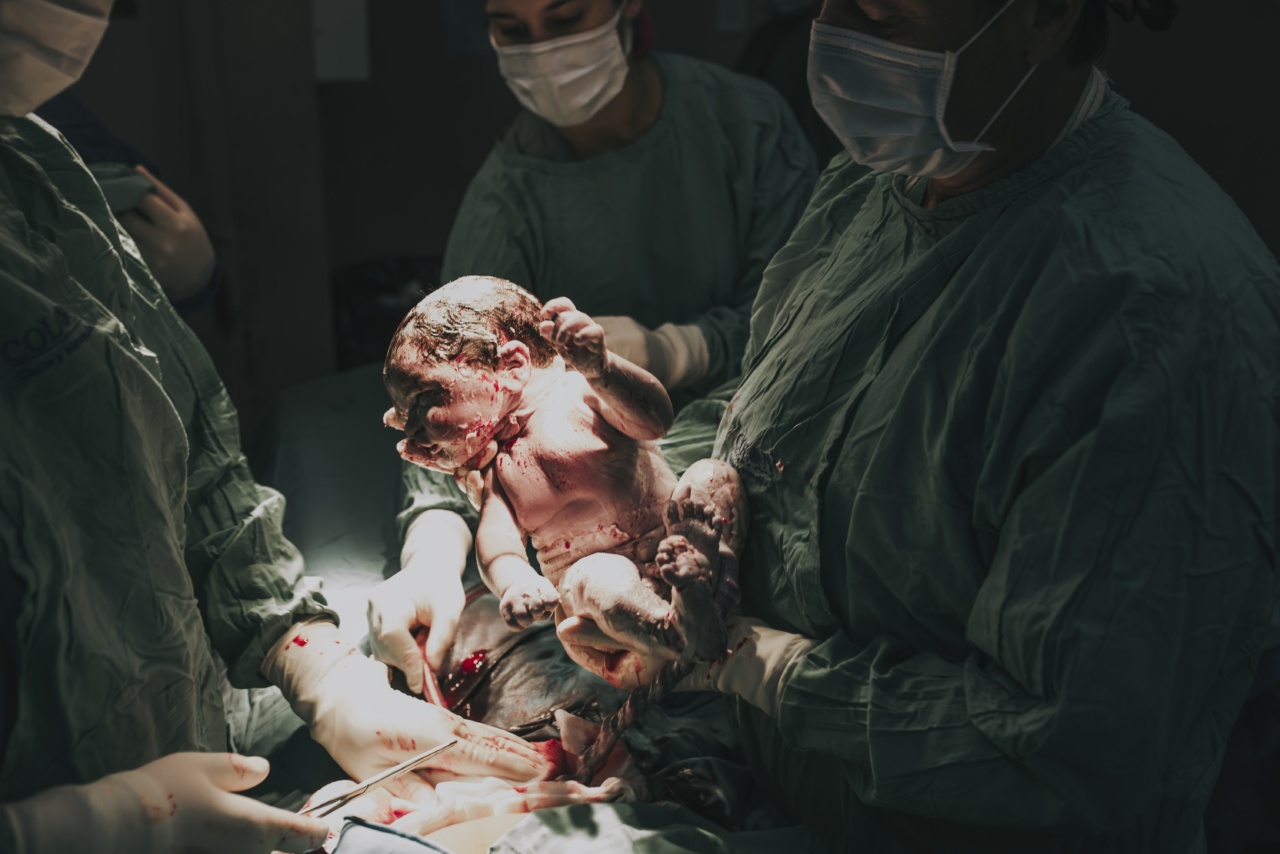The microbiome, the community of microorganisms that live in and on the human body, plays a crucial role in our health and well-being.
Research has shown that the composition of the microbiome can affect various aspects of our health, including our immune system, digestion, and even our mental health. One area of particular interest is the link between C-section deliveries and the development of the newborn microbiome.
The microbiome and its importance
The human microbiome is composed of trillions of bacteria, viruses, fungi, and other microorganisms that inhabit various parts of our body, including our skin, mouth, gut, and reproductive organs.
These microorganisms perform important functions such as aiding in digestion, producing vitamins, and protecting against harmful pathogens.
During birth, a newborn is exposed to their mother’s microbiome as they pass through the birth canal.
This exposure helps establish the initial composition of the newborn’s microbiome, which continues to develop and evolve throughout their life. However, this process can be altered in C-section deliveries.
The impact of C-section on the newborn microbiome
In a natural vaginal birth, the baby is exposed to the bacteria present in the birth canal, which serves as the first inoculation of the infant’s microbiome.
C-sections, on the other hand, bypass this exposure and disrupt the natural transfer of maternal microbiota to the newborn.
Studies have consistently shown that infants delivered by C-section have a different microbiome composition compared to those born vaginally.
They tend to have a higher abundance of bacteria typically found on the skin and in hospital environments, and a lower abundance of beneficial bacteria that are commonly present in the birth canal.
Potential consequences of C-section on the microbiome
The altered microbiome composition in babies born via C-section may have various implications for their health.
Some research suggests that these infants may be at a higher risk of developing conditions such as obesity, allergies, asthma, and autoimmune disorders later in life.
One possible explanation for these associations is the influence of the microbiome on the development and maturation of the immune system.
The early colonization of the gut by beneficial bacteria in vaginal birth helps train the immune system and establish immune tolerance. The absence or alteration of these beneficial bacteria in C-section deliveries may disrupt this process, leading to an increased risk of immune-related disorders.
Interventions to mitigate the impact
Recognizing the potential consequences of disrupted microbiome development in C-section babies, researchers have explored interventions to restore the microbiome to a more natural state.
One such intervention is the practice of vaginal seeding, where sterile gauze is used to collect microbes from the birth canal and then transferred to the baby immediately after a C-section.
This method aims to mimic the microbial exposure that occurs during vaginal birth. Although still considered experimental, early studies have shown promising results in restoring the microbiome composition in C-section babies.
Another approach involves the administration of probiotics to newborns delivered via C-section. Probiotics are live bacteria that can confer health benefits when consumed in adequate amounts.
By providing specific strains of beneficial bacteria to C-section babies, researchers hope to promote a more favorable microbiome composition.
The need for further research
While existing research suggests a link between C-section deliveries and alterations in the newborn microbiome, more studies are needed to fully understand the causal relationship and the long-term consequences.
Future research should focus on large-scale, longitudinal studies that follow infants born via C-section from birth into adulthood.
This will help determine whether the observed differences in the microbiome composition persist and whether they truly contribute to the development of various health conditions.
Conclusion
The link between C-section deliveries and alterations in the newborn microbiome is becoming increasingly evident.
The disruption of the natural transfer of maternal microbiota during C-sections can lead to an altered microbiome composition in infants, potentially impacting their health in the long term. Further research is needed to fully understand the effects of these alterations and develop interventions to mitigate their impact.































